I have functioned my entire career in a world of music dependent on the appreciation of great sound, sonic excellence and utilization of the best methods to capture and accurately reproduce sound for the consumers. In fact we have two jobs in this industry we must achieve. One, is to capture and preserve the best performances and their accompanying sounds accurately and the other, to insure that those sounds are capable of being reproduced in a way that represents the efforts achieved in the studio, that reflect the full satisfaction of the producer and artist, who know how hard it is to actually pull off this fete.
This brave new world we live in, requires we not only take our many years of experience and knowledge of the recording techniques and preservation of sound along with us, but that we keep an open mind to learn that which is new and trending upwards for all audiences. You see, if we don’t learn to emotionally connect with the music of today in some way, we can never honestly be in a position to appreciate it and craft new contemporary recordings that are truly relevant and inspired by the emotional experience to touch the desired listener.
One cannot be successful today if they do not learn to take what they love and place it on the back burner to allow themselves to be open and receptive to the music which is happening all around them. If we take a position that what we did was “The Best Ever” and nothing can or will compare with it, then we are doomed and delegated to a lonely isolated world where we are rendered totally useless and irrelevant making us a non-factor in the business we say we love so much.
My efforts to maintain a competitive edge are to deconstruct myself every few years and learn to temper that which I love while learning to love that which I do not understand at that moment. It is only by this dismantling of sorts that one can actually learn to communicate in this new world, with those far less experienced to get a pulse on what they believe is the future and what trends they see or feel are about to happen. No one can know it all but being comfortable enough with ones own ability to place their ego on the back burner and open themselves up to words of a new generation are very useful and empowering tools for anyone who truly wants to be a factor in the future of the music industry!
Now, I have gone off the track a bit, but that was only to give you background on why I am qualified in making the comments which are the basis of this article, thus putting teeth and credibility into what I have to say!
This brave new digital world has many outlets and choices open to new and aspiring artists and producers, both in the recording and distribution of music. Streaming has been a positive game changer for some and negative to others, but at least it has opened minds to rethink how, and the best way, to make an income, if they want to rely on music creation and sales to do so, to survive.
Now, with the introduction of new gadgets and algorithms, the techies have come up with, to simulate the greatest sounding rooms, classic outboard gear and rare microphones you would believe that this new generation of producers, engineers and artists, armed with this arsenal of awesome sound crafting tools would be that much closer to hitting one out of the park on a more consistent basis would you not? But that is not the case for everyone.
Looking back on my early days, I was in awe when I was lucky enough during my session to get a hold on a stereo Fairchild 670, arguably the most expensive compressor in the world, or to find a room with one of my favorite pieces of gear ever, used on a monumental number of hit records, the old reliable, silver-faced LA-2A. It not only made vocals sound warm, full and present, it outlined them so well, they just seemed to jump out of the track into the control room with you and you knew it would happen when the consumer purchased the song! Even vintage microphones like the C-12 were so awesome to work with and unfortunately so elusive or costly to secure for a session that you passed.
Today it’s all different with a myriad of great new music programming tools for editing and capturing sound, coupled with easy access to a plethora of plugins with fairly close simulations of the outboard gear as mentioned above. Why then is it that the catalogue sales of classic music in many instances is outselling and financially outperforming new music of the day? It has never happened before in our business, where classic rock and catalog albums have outsold the newest songs, but I believe I may know part of the reason why this may be the case.
In the early days of recording and production, there was no access to the assorted gear that exists today to auto-tune and correct out of tune or out of time instruments and vocals. Further more, we did not have the ability to non destructively edit and re-edit which therefore meant that a few things were necessary to have happen prior to your recording or you were discouraged from going into a session and an attempt to make a single or album.
First of all, you had prohibitively high costs of studio time and tape which meant that producers and labels would only work with great musicians and artists who did not make mistakes and could get it right the first time or possibly in a few takes. Once the red button was pushed you dared not make an error or you were gone for good from the studio scene with the word on your ineptness or lackluster performance hitting the streets before you left the room!
Secondly, there was no time for a singer to do take after take followed by countless hours of comping a vocal from the many assorted tracks of different performances. Yes it did happen at times but you were made to feel awkward as there was no auto tune then, “just in tune”, and if you could not perform to expectation, on command when called upon, you didn’t get the privilege of being asked to do so a second time. The pressure on the performers was to know their craft and come in prepared for a session. Not an unreasonable request!
Third but very crucial, was that you had to have a great song to perform. It was the most necessary, essential element of all since it was the vehicle by which all the participants in every creative area would have their talents in individual areas showcased to an eager audience who loved a particular song.
Now digest what I have said and how it correlates to today. In the early days of recording, you had bands that practiced, musicians who could really play and artists who worked on their vocals, toured to get seasoned and gain immediate and very helpful audience reactions to help develop their music and style so they could smooth the rough edges before going into the studio and actually performing what was considered a finished master.
It took many months before coming off the road, a hard schedule and doing residencies at clubs to see what the audience reacted to and liked about your new creations before going in and recording them. This was not a burden but a blessing to allow you to craft the song in the most effective way, thus eliminating any objections before they arose in the studio and gaining an advantage assuring the finished product would meet with fan approval. It was like screening a film to get a feel in advance of it’s eminent release! So if you look at the caliber of the songs and song writing, the live performance aspects that allowed a band or soloist to look into the eyes and souls of their audience right before they were going in to create a song for them, while becoming eminently more the familiar with their music you can see the advantage the classic music and musicians had over most, not all, of today’s artists. It may sound trite but there was no shortcut in actually practicing ones delivery so there was no auto tune needed and with a few outside interruptions the music maintained a seamless fluidity in the final product. It was this sense of capturing performance over perfection that made the music and the performers, has given so much more of an allure to the classics. Simply stated the entirety of the personnel you met top to bottom on each project, had many more skilled, qualified and creative people, who took the business and their positions seriously and who were doing this as a job professionally, taking it upon themselves to perform at a higher level and hold a greater standard as they looked at their contributions to the overall project with quiet silent pride, not boastful rants!
You see now why older music outsells the newer music and will continue to do so until the next generations realize that being on stage is the smallest part of a true career and mastering the skills needed to do all the annoying and time consuming behind the scenes work is what takes heart soul and commitment, which is where you gain your respect, admiration and success for the long term.
The classic artists used all their skills to craft great music and capture performance. There were no extra tools back then to assist an artist so the magic came after much preparation and unrelenting trial and error on top of hours of grueling practice.
One does not get better by doing what they do well but by working on what they don’t to well relentlessly to eliminate any imperfections in their entirety.
These reasons are why the audiophiles and consumers seek out the classics when they want to test their system capabilities and look for something to enjoy, knowing the effort that went in to create it was worthy of the time they will take to listen.
This new generation of performers and studio technicians will do well to research and investigate the past that came before them as it will provide them with a light of reality and truth to show them the way to immortality and relevance in the music business of today and tomorrow.
As always, be sure to show your love for the music and respect the artists who create it!
Sources:

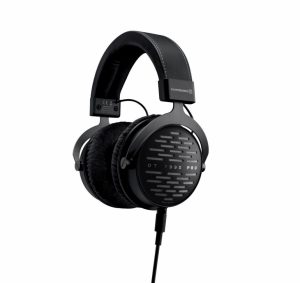
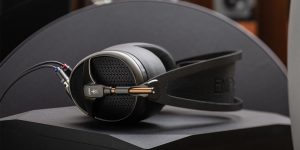
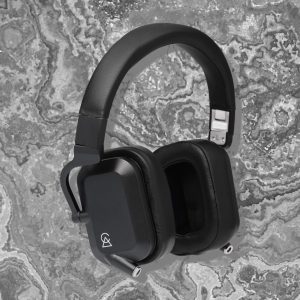
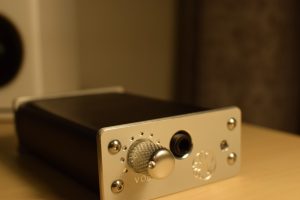
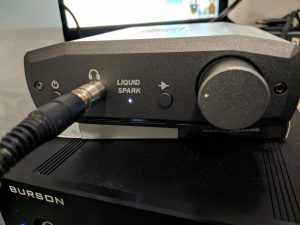
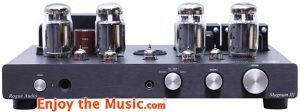
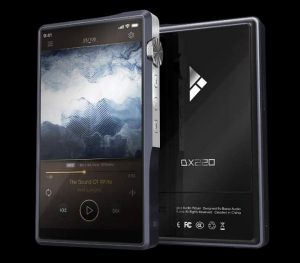
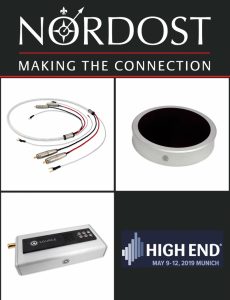
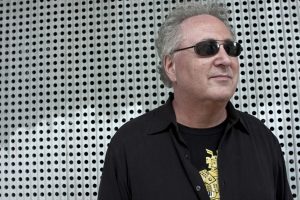
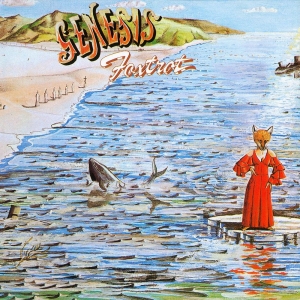

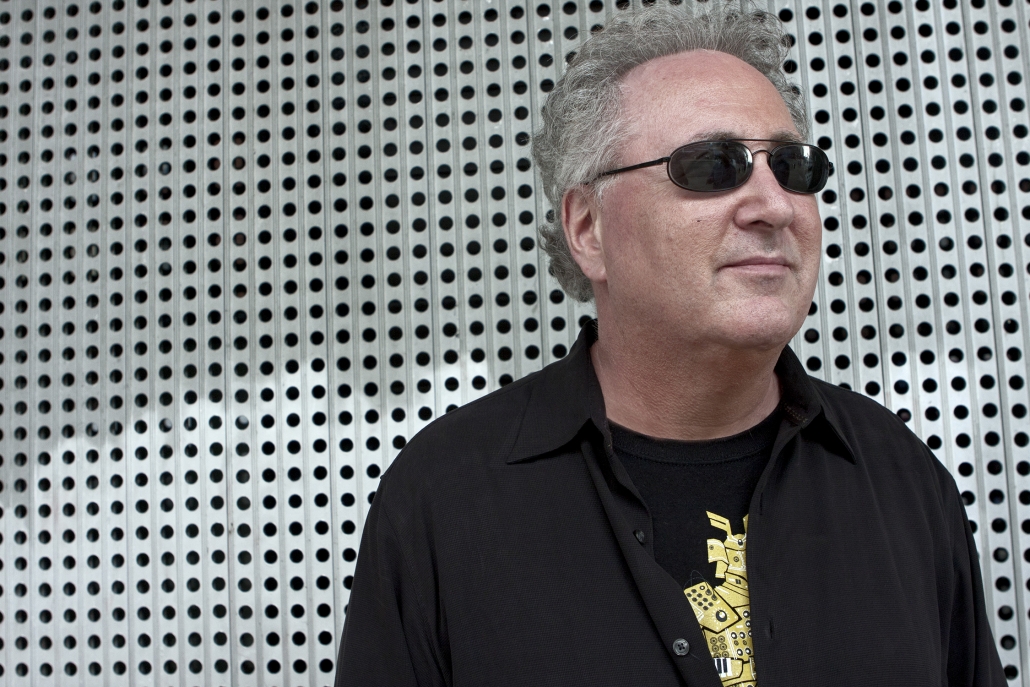


Reply
Reply
Want to join discussion?
Feel free to contribute!